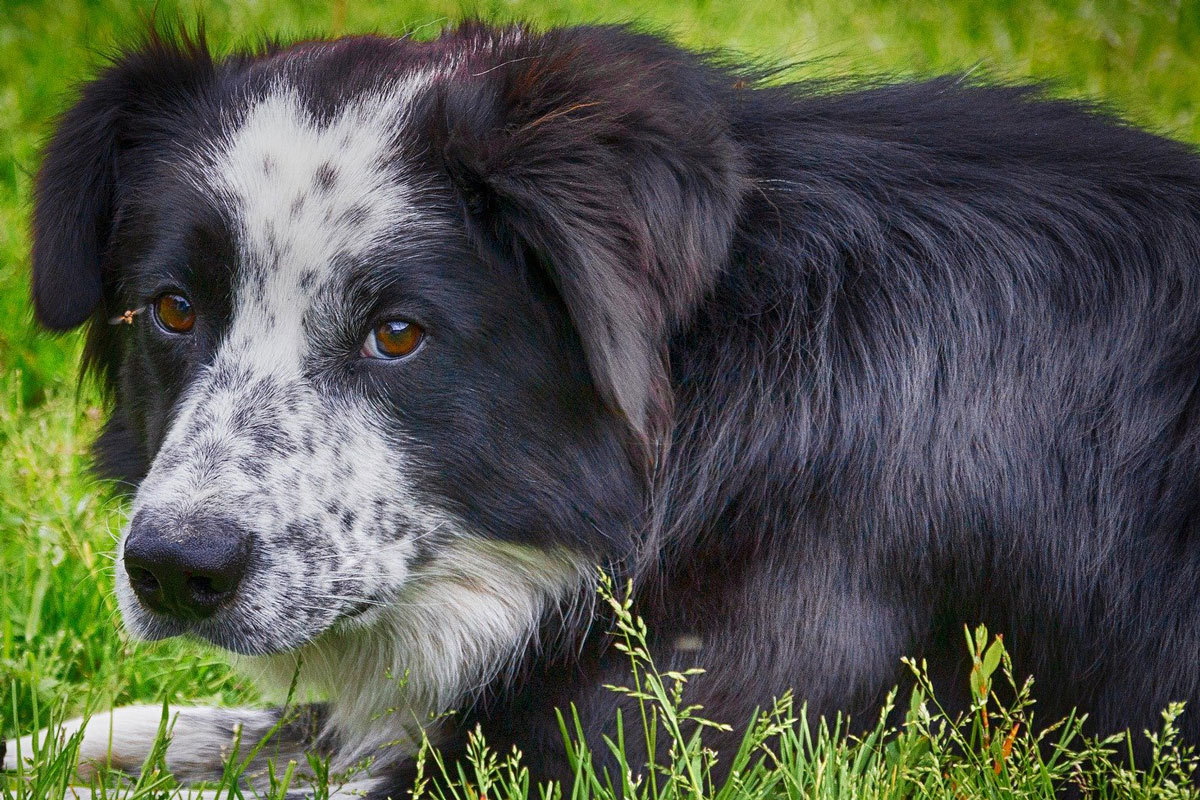why sentencing powers for animal cruelty cases need to be urgently increased, now more than ever
why sentencing powers for animal cruelty cases need to be urgently increased, now more than ever

I’ve often remarked that as animals have no voice to complain they suffer in silence. The human voice therefore is an important one, both to call out what is not right and to advocate on their behalf to achieve change. The same is true in politics. For years IFAW has been campaigning for tougher sentences for those found guilty of animal cruelty. This is why we are supporting Shadow Environment Secretary Luke Pollard MP in his push to request the Government to deliver upon long-awaited changes to the law in this space.
Now, more than ever, we need to move on this Bill, aimed at increasing the maximum sentencing powers for animal cruelty cases from six months to five years in England and Wales. Evidence is mounting of multi-faceted risk to animals during this COVID-19 crisis. Aside from small animal protection groups struggling to survive with their income streams of shops, visitors and events cut off, animals face more than just a loss of capacity in the UK to defend them.
The Economist recently reported a surge in demand for puppies to entertain children during lockdown and points to the inevitable abandonment in due course, similar to that which usually follows the festive season. The Dogs Trust fears that this surge in demand is driving criminal gangs to smuggle pregnant dogs into the country from Romania.
The lockdown seems to have had other saddening impacts. Just like the foreseeable rise in domestic violence and child abuse; frustration and increased drinking was predicted by groups to increase animal cruelty cases. This seems to have been borne out with the RSPCA reporting 21,137 incidents of animal cruelty and suffering since the start of UK lockdown was announced on March 23.
This Private Member’s Bill is not new. It was introduced by Labour MP for Redcar, Anna Turley, in 2016. Four years later it has seen delays caused by prorogation of Parliament, General Elections, Brexit debates and now COVID-19. In times of crisis for humans, we acknowledge that it is harder to bring such Bills forward but animals bring proven comfort and well-being to our lives and we remain their guardians and protectors. In four years there have been many thousands of animals that have suffered neglect or cruelty and we must not allow the can to be kicked further down the road while their suffering continues. The current sentencing guidelines are not tough enough and the figures show that they do not deter in the manner that was intended.
Just as, at this moment in time, we ponder the future and what our society looks like, we have an opportunity to decide on how we treat animals and our societal approach to them. Gandhi said “the greatness of a nation and its moral progress can be judged by the way its animals are treated.”
While this might seem a cliché, it is a truism that our civil approach to human beings is linked to how we treat all living things. Moreover, our treatment of animals can indicate our civilised approach more broadly. The UK has been a leader for over a century in animal welfare; this is the chance to put another marker in the sand and lead again.
Related content
Every problem has a solution, every solution needs support.
The problems we face are urgent, complicated and resistant to change. Real solutions demand creativity, hard work and involvement from people like you.